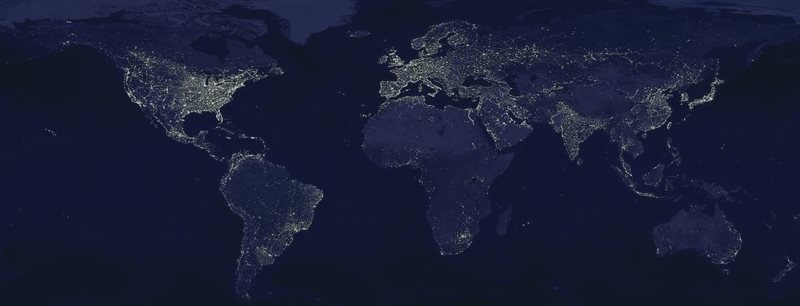
Global deflation risk continues to threaten, as China economy slows
The risk of deflation continued to weigh on the global economy, as China's manufacturing sector showed excess supply and insufficient demand in January driving down prices and production, says The Guardian.
While the activity was more prominent in Japan, South Korea and India, they stayed in a common condition of slowing inflation.
“What is now in the pipeline will help extend the near-term impulse from energy to economic growth into the second half of the year,” said David Hensley, an economist at JP Morgan, outlining that slide in oil prices and inflation have turned to be bigger than analysts had expected. Central banks, thus, responded with cutting rates.
There was a clear necessity of an impulse in China, where polls indicated manufacturing was struggling at the beginning of the year. The HSBC/Markit Purchasing Managers’ Index (PMI) inched a up a fraction to 49.7 in January, but stayed under the 50.0 level that separates growth from contraction. More worryingly, the official PMI – which is biased towards large Chinese factories – unexpectedly showed that activity fell for the first time in nearly 30 months.
“China still needs decent growth to add 100m new jobs this year, plus China is entering a rapid disinflation process,” ANZ economists said in a note to clients, outlining they think the People’s Bank of China will cut the reserve requirement ratio by 50 basis points and cut the deposit rate by 25 basis points in the first quarter.
Being the lone bright spot in the economy last year, China’s growing services sector also experienced slowdown. Service activity expanded at its lowest level in a year.
In Japan the news was a little bit brighter. The central bank has been pursuing an aggressive bond-buying campaign for more than a year in a bid to revive growth and shake the country out of decades of deflation. The final Markit/JMMA PMI edged up to 52.2 in January, from an early 52.1 and December’s 52.0. That marked the eighth straight month of expansion and looked to owe much to the sustained weakness of the yen.
Improving exports were also a feature of South Korea’s PMI which returned to growth for the first time in five months, with a rise of 1.2 points to 51.1 in January, the highest reading since May 2013, The Guardian outlines.
India’s PMI kept its growth in January, though the headline index eased a touch to 52.9 from a two-year peak of 54.5 the month before. Importantly for the prospect of more policy stimulus, cost pressures were the mildest in 70 months as commodity prices fell. The Reserve Bank of India has already surprised by cutting rates a quarter point to 7.75%.



